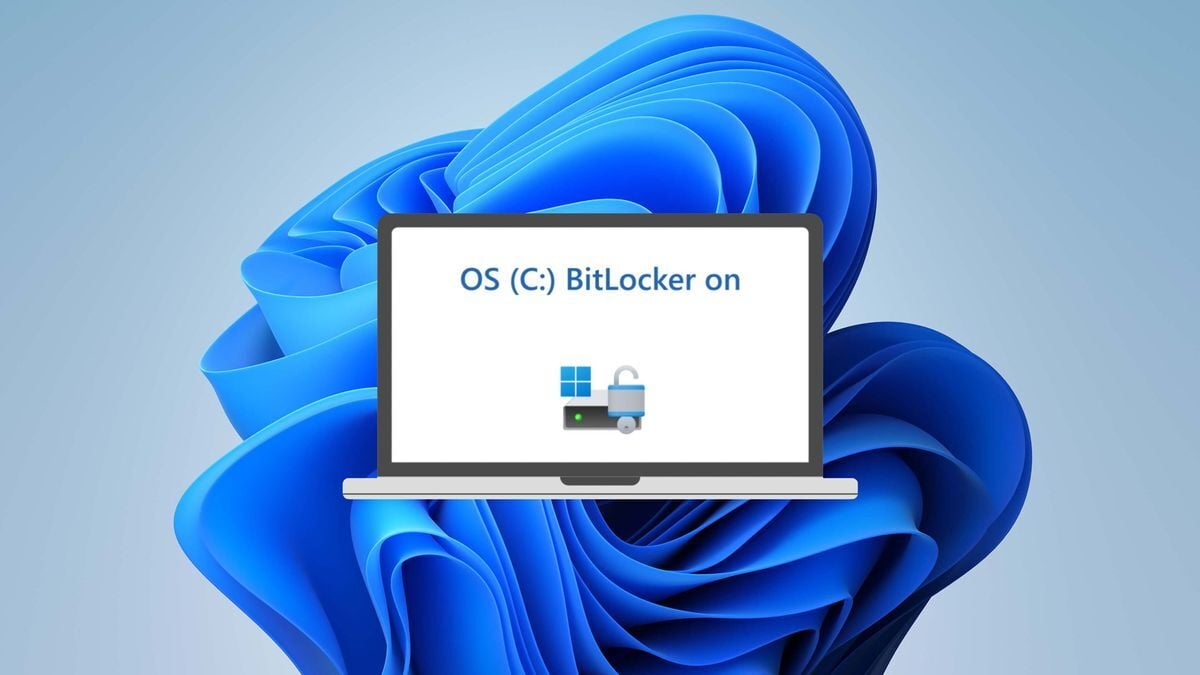- cross-posted to:
- technology@lemmy.ml
- hardware@lemmy.ml
- cross-posted to:
- technology@lemmy.ml
- hardware@lemmy.ml
Tested: Windows 11 Pro’s On-By-Default Encryption Slows SSDs Up to 45%::Windows 11 Pro defaults to BitLocker being turned on, using software encryption. We’ve tested the Samsung 990 Pro with hardware encryption to show how the various modes impact performance, and how muc



Then you can turn it off. It’s on by default as the default user of Pro will want it off. But as there are some cases that some people won’t want/need it so it can be turned off. The average user of Pro will be a workplace office setting.
Another case that it wouldn’t be used in is video editing as encrypting large files just wouldn’t be worth the effort and time. But again, this isn’t where most average Pro users will be. You can always find a case where X of anything doesn’t support someone’s needs, but companies like this need to look at it and ask “What does the average user want?” Not “What does everyone in every use case need?”
Yep. And the average user doesn’t know what a bios update is.
Oh and the average user doesn’t know that windows update has bios updates from manufacturers.
What happens when the bios is flashed? Poof the key disappeared…
Nice move Microsoft. Not sure if they have something to prevent the loss of the encryption key or some security, but for those people I hope they don’t loose their data due to updates.
You can log into the Microsoft website and obtain the unlock encryption key from there (dealt with that before.)
And Microsoft isn’t the only one who updates BIOS with system updates. I’ve once had to deal with someone who’s Macbook wouldn’t see any drive (and so couldn’t load into macOS, or even re-install the OS). After a lot of back and forth had to finally find out that during an update they were in a hurry and forced the machine off and it was saying “Firmware update in progress”, but they assured me that couldn’t have been the issue…